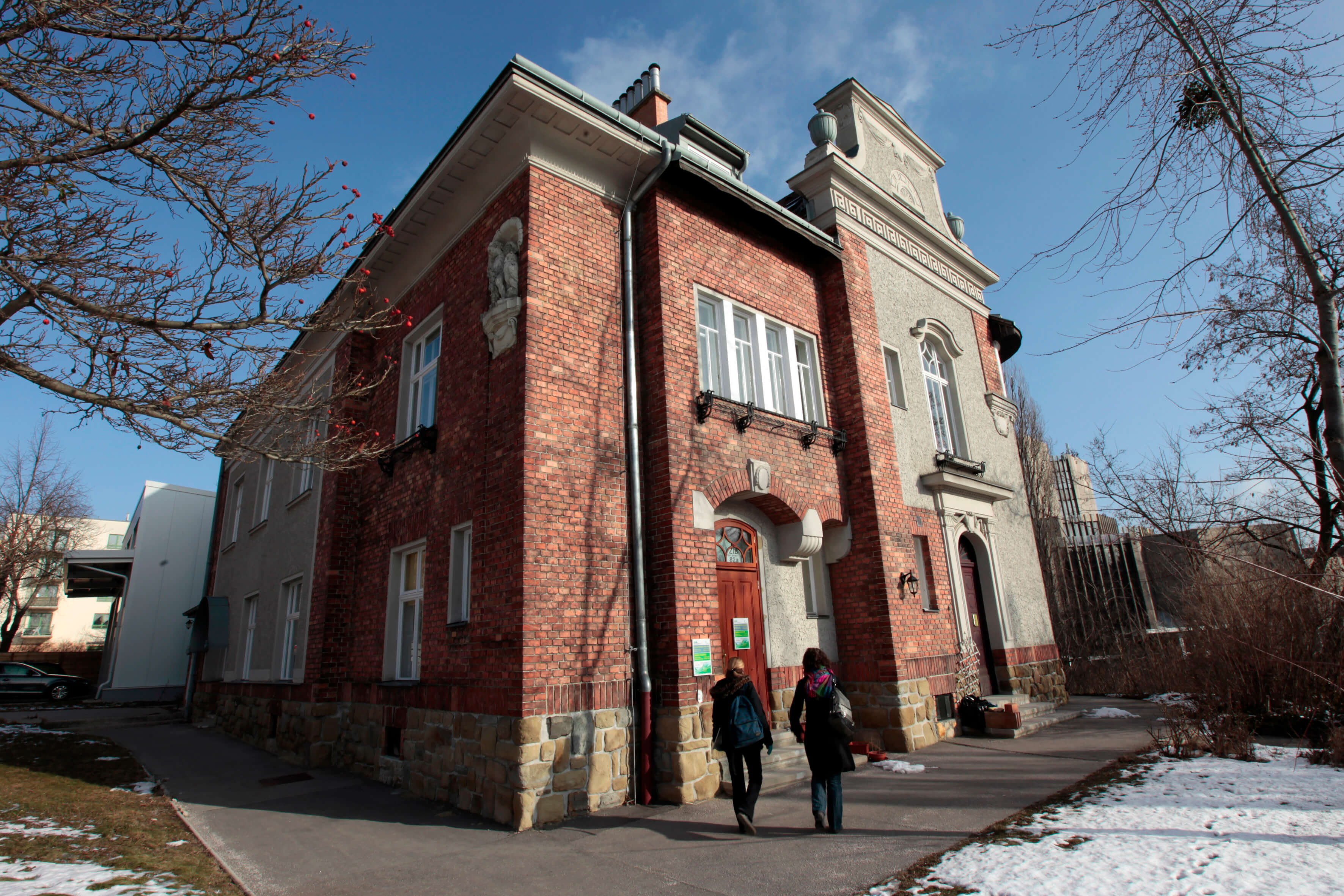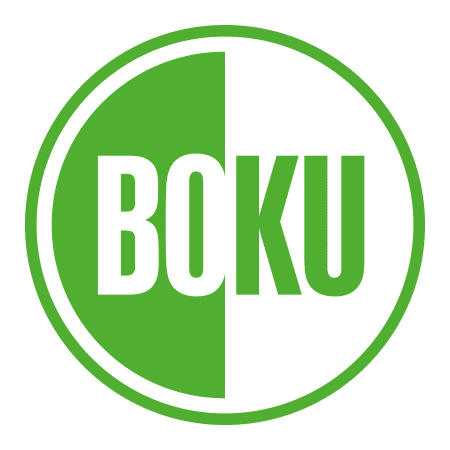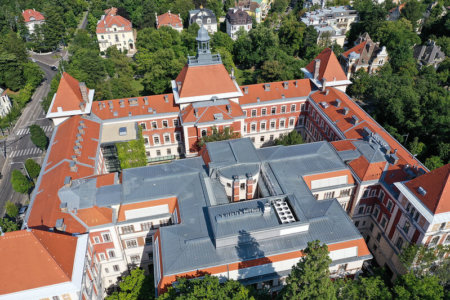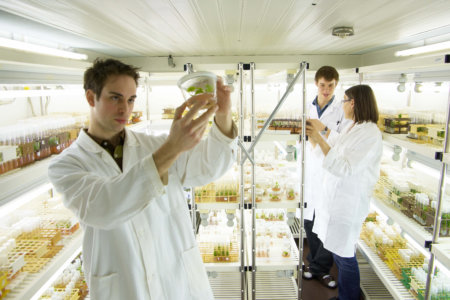If you’re serious about sustainability and climate change, where better to study than the greenest city in the world? Nestled just next to Vienna’s lush Türkenschanzpark, BOKU University of Natural Resources and Life Sciences, Vienna, has steadfastly maintained its status as one of Europe’s premier educational centres for studying the complex intersection of technical scientific knowledge and current socioeconomic challenges since its beginnings as an agricultural college in 1872.
The COVID-19 pandemic has highlighted just how indispensable a healthy ecosystem is to our collective recovery from the virus, and knowledge on sustainable management of planetary resources is more critical than ever to stem long-term losses in biodiversity. BOKU’s solution-focused approach to meet the United Nations Sustainable Development Goals (SDGs) is comprehensively integrated within six fields of expertise: Ecosystem Management and Biodiversity, Agricultural Production and Food, Renewable Raw Materials and New Technologies, Biotechnology, Resources and Social Dynamics, as well as Landscape, Water, Habitat and Infrastructure.
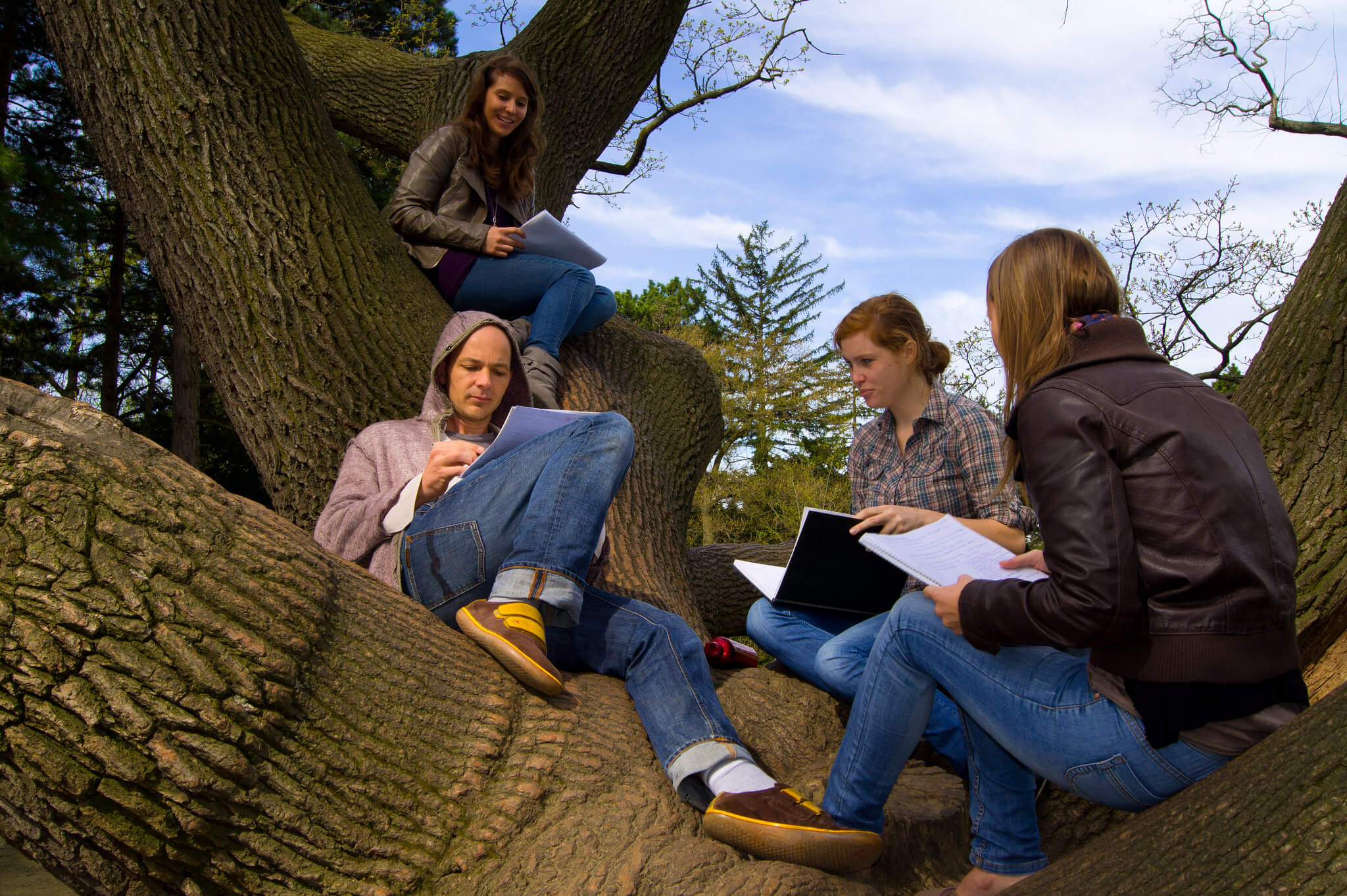
Source: BOKU University of Natural Resources and Life Sciences
BOKU is home to 15 departments led by some of the world’s most-cited researchers, offering 13 master’s programmes and nine doctoral programmes that can be completed entirely in English. The courses range from Biotechnology, Mountain Forestry, Water Management and Environmental Engineering, among many others. With such specialised research, it’s no wonder that BOKU is also well-connected globally. The university fosters 360 multi and bilateral relationships with universities and research institutions worldwide, including the Euroleague for Life Sciences (ELLS) and European Partnership for an Innovative Campus Unifying Regions (EPICUR).
For American student Emilia Winter Artusio, BOKU provides the ideal next step to her academic journey after studying forestry in her undergraduate years. “I knew my interests focused on forest ecology rather than forest economics and harvesting, which is why the Master’s Programme in Mountain Forestry at BOKU drew my attention,” she explains. “There is the option for students to focus on forest engineering, while others can choose to involve themselves in social-dynamical consequences that evolve through forestry. I am planning on following the Ecology of Mountain Forests elective path, because I think that it is most relevant to my future work environment.”
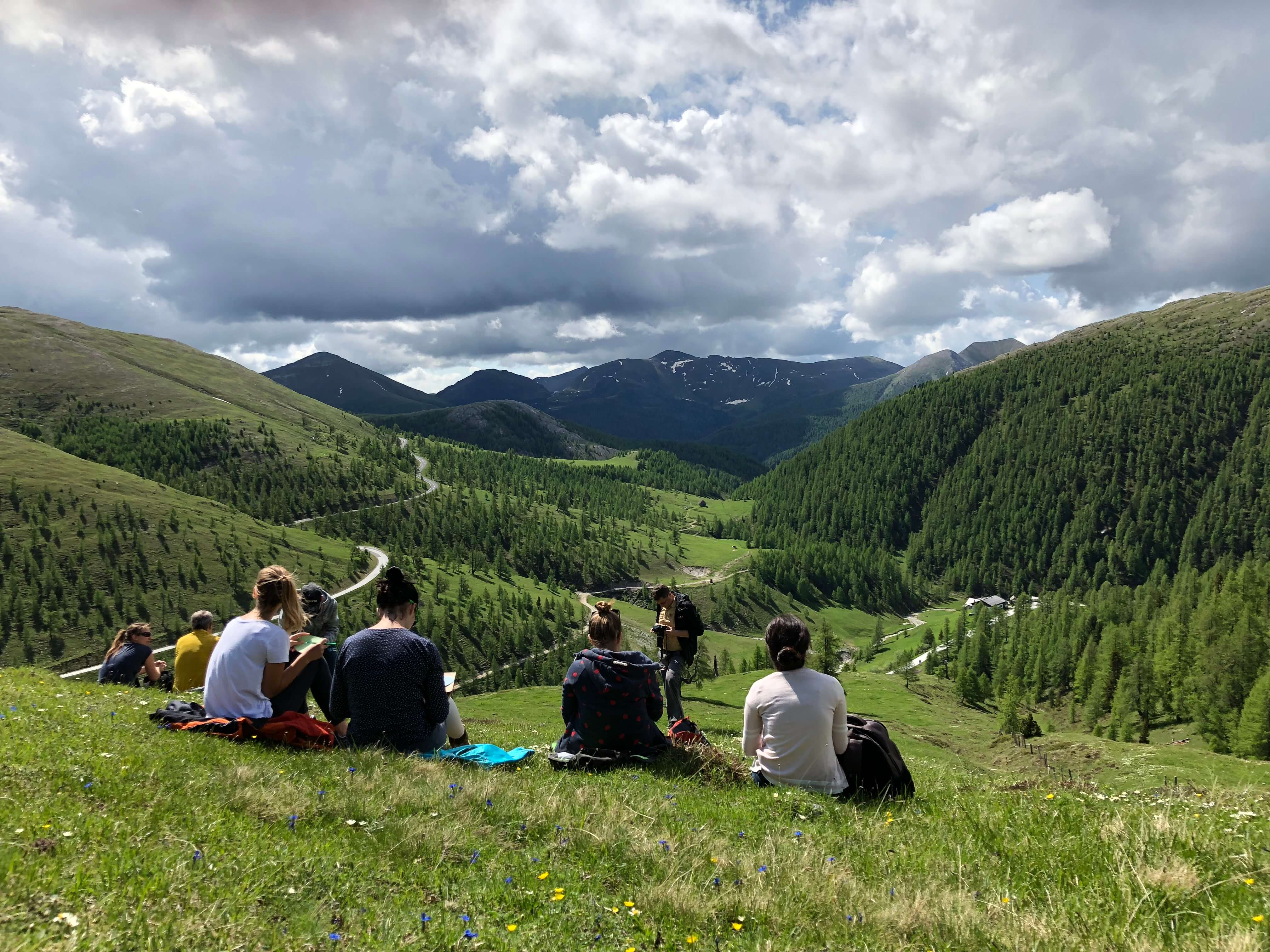
Source: BOKU University of Natural Resources and Life Sciences
One of BOKU’s key focus areas is the sustainable development of landscape, infrastructure and water to mitigate risks from natural hazards. “The availability of water for agriculture production, the functionality of an ecosystem, and also access to enough high-quality drinking water in different regions of the earth — especially dry regions under conditions of climate change — are topics of my interests and reasons why I choose this course,” says Jürgen Rieger, who is pursuing his Master’s Programme in Water Management and Environmental Engineering. Through BOKU’s cross-disciplinary methodology fusing contemporary spatial research, engineering science and in-depth study into water systems, Rieger says he is able to connect bigger problems and challenges in the water management sector via input from other sciences.
With Complex Problem Solving listed as a fundamental skill needed in the 21st century by the World Economic Forum, students will have ample opportunity to apply theoretical knowledge in devising practical solutions to address emerging concerns in resource management. Austria’s sole university dedicating its entire research and teaching to the sustainable protection of natural resources is looking to further their innovative sustainability framework as BOKU celebrates its 150th anniversary in 2022.
Among those who embody this principle is Philip Berger, a member of the university’s iGEM Vienna 2019 team. The team made headway at the premier international synthetic biology competition when they bagged the Gold Medal at Boston for designing a new diagnostic tool to detect Buruli Ulcer, a tropical disease that the World Health Organisation (WHO) classifies as “neglected.” A member of the university’s Student Union, Berger notes that his intermediary role outside of the classroom has given him space to communicate ideas and problems of students to the university and other stakeholders. “I gained lots of experience during my studies in academic and non-academic settings. This formed me into the person that I am now.”
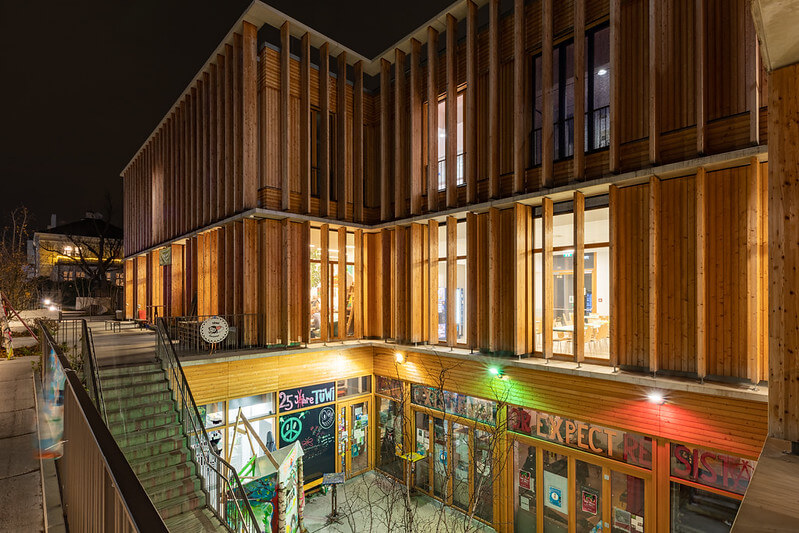
BOKU University of Natural Resources and Life Sciences
Since 2014, Austria has introduced the “Citizen Science” (Österreich forscht) project with the eventual aim of involving ordinary citizens in scientific research. Its long-standing tradition in partnering with local communities cements BOKU’s central role in promoting Austria’s sustainability goals. BOKU now oversees the Citizen Science Network, bridging the gap between academia and society to make scientific knowledge more accessible for all. Students learn that sustainability occupies a significant place in social responsibility with the university’s Citizen Science projects on areas such as forest fire analysis and heavy metal contamination in urban gardens.
It’s impossible to encapsulate all of BOKU’s milestones for the past 150 years. The university’s rootedness in integrating sustainability into all processes of societal development continues to undergird its teaching and research, where students are shaped into industry-savvy leaders. If you’re ready to fulfill your role in instigating change towards a greener society, BOKU might just be the right fit for you, and you can find out more of what it has to offer here.
Follow BOKU University of Natural Resources and Life Sciences on Facebook, Twitter, Instagram, YouTube and Flickr.

